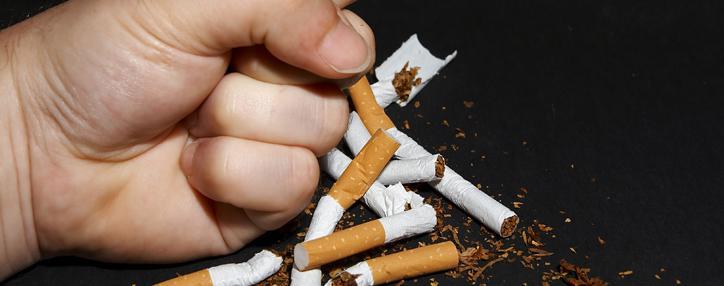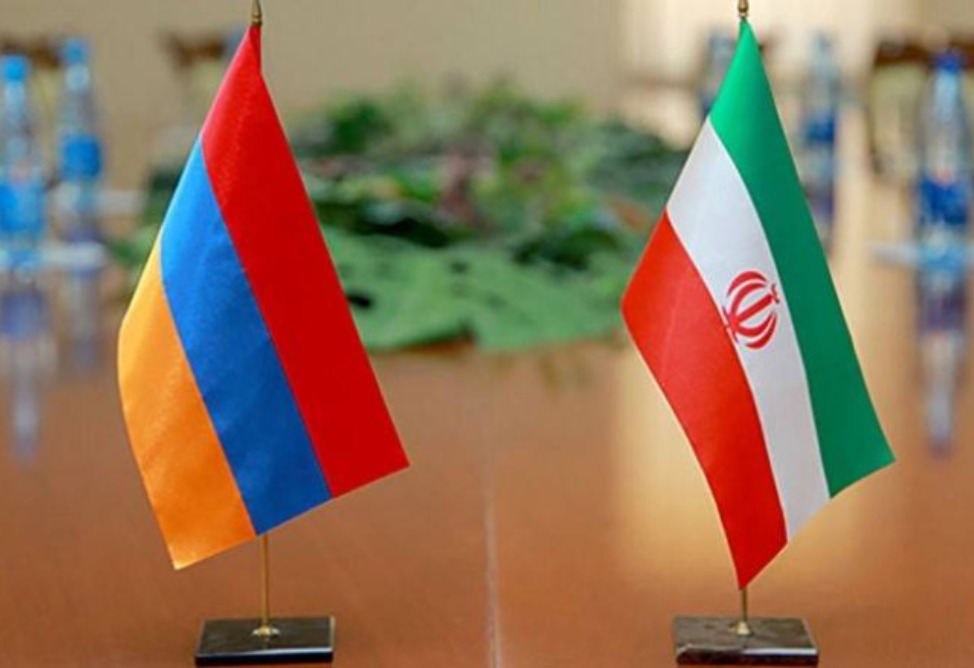Armenian government toughens anti-smoking law
12.09.2019,
17:34
The Armenian government approved today a string of amendments to the law on reduction and prevention of health damage caused by the use of tobacco products and their substitutes and to a number of related laws.

YEREVAN, September 12. /ARKA/. The Armenian government approved today a string of amendments to the law on reduction and prevention of health damage caused by the use of tobacco products and their substitutes and to a number of related laws.
Health Minister Arsen Torosyan said restrictions on the demonstration of tobacco products will come into force in 2021, restrictions on the use of tobacco products - in March, 2022, and some other restrictions will come into force later until 2024.
The minister said the smoking ban will be enforced gradually, first in closed territories and will be spread later to half-closed territories. Restrictions are also provided for smoking in public transport, on playgrounds, in educational, medical and cultural institutions. The bill also regulates sale, promotion and restriction of advertising of tobacco products.
"I am sure that the adoption of these legislative changes will lead to a massive change in the culture of the population, respect for the right to health and health assessment. The bill is belated, but we can’t delay it anymore," Torosyan said.
For his part, Prime Minister Nikol Pashinyan said businesses and the public should be given time to adapt to the changes. "It is important that all government agencies carry out daily work to prepare the public for the law to enter into force," Pashinyan said.
Pashinyan also suggested compiling the list of restaurants, which have banned smoking and see what their profits are and the amount of taxes they pay to prove that the fight against smoking does not necessarily lead to closure of a restaurant or cafe.
He said 80% of his government are non-smokers and also 100% of governors do not smoke either. 'I don’t know how the situation is in the law enforcement agencies, but the police chief does not smoke, and the head of the National Security Service smokes, but secretly," Pashinyan joked .
"I myself smoked, but quit this habit and am very proud of it. The last time I smoked was in 2004. Many researches show that the fewer smokers the country has, the higher its economic growth. I myself felt that I have increased efficiency after quitting smoking," Pashinyan said.
In response to a question whether manufacturers and importers will pay less taxes (97 billion drams in 2018) Pashinyan said considering that one of the largest cigarette manufacturers in Armenia is also engaged in the production of chocolate and sweets, they can count on sales growth, since smokers after they stop smoking start eating chocolate, ice cream and cakes.
For his part, Health Minister Torosyan emphasized that non-viral diseases associated with smoking cost the state budget about 80 billion drams a year, and these costs can be avoided if the number of smokers is cut by at least 1% per year. -0-
Health Minister Arsen Torosyan said restrictions on the demonstration of tobacco products will come into force in 2021, restrictions on the use of tobacco products - in March, 2022, and some other restrictions will come into force later until 2024.
The minister said the smoking ban will be enforced gradually, first in closed territories and will be spread later to half-closed territories. Restrictions are also provided for smoking in public transport, on playgrounds, in educational, medical and cultural institutions. The bill also regulates sale, promotion and restriction of advertising of tobacco products.
"I am sure that the adoption of these legislative changes will lead to a massive change in the culture of the population, respect for the right to health and health assessment. The bill is belated, but we can’t delay it anymore," Torosyan said.
For his part, Prime Minister Nikol Pashinyan said businesses and the public should be given time to adapt to the changes. "It is important that all government agencies carry out daily work to prepare the public for the law to enter into force," Pashinyan said.
Pashinyan also suggested compiling the list of restaurants, which have banned smoking and see what their profits are and the amount of taxes they pay to prove that the fight against smoking does not necessarily lead to closure of a restaurant or cafe.
He said 80% of his government are non-smokers and also 100% of governors do not smoke either. 'I don’t know how the situation is in the law enforcement agencies, but the police chief does not smoke, and the head of the National Security Service smokes, but secretly," Pashinyan joked .
"I myself smoked, but quit this habit and am very proud of it. The last time I smoked was in 2004. Many researches show that the fewer smokers the country has, the higher its economic growth. I myself felt that I have increased efficiency after quitting smoking," Pashinyan said.
In response to a question whether manufacturers and importers will pay less taxes (97 billion drams in 2018) Pashinyan said considering that one of the largest cigarette manufacturers in Armenia is also engaged in the production of chocolate and sweets, they can count on sales growth, since smokers after they stop smoking start eating chocolate, ice cream and cakes.
For his part, Health Minister Torosyan emphasized that non-viral diseases associated with smoking cost the state budget about 80 billion drams a year, and these costs can be avoided if the number of smokers is cut by at least 1% per year. -0-



